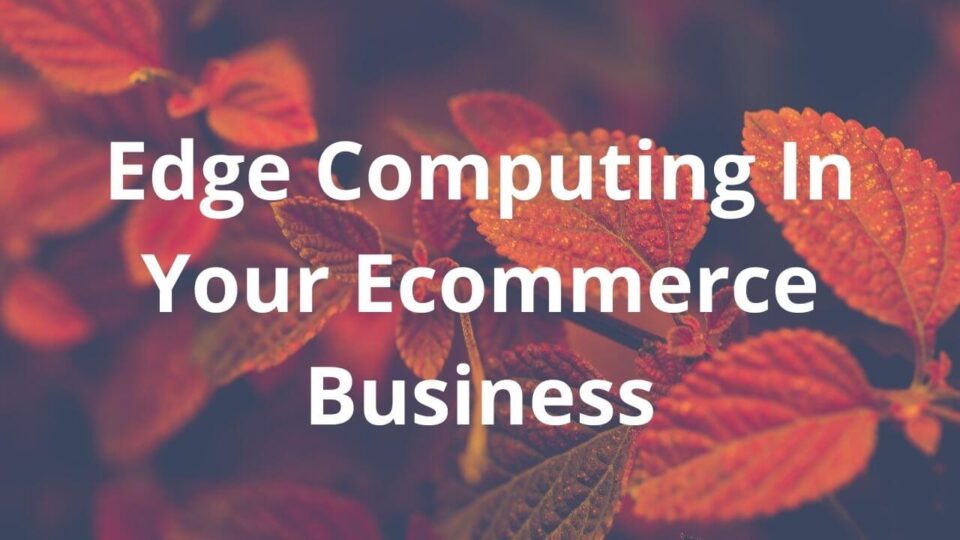- Recently, I’ve had a number of discussions with business IT executives who are proponents of the latest trend in computing – i.e. cloud computing. What they don’t understand is that the term cloud computing, while it might be catchy, has no meaning in practical applications. Rather than cloud, what we mean is “virtualization.” And virtualization is merely the method by which resources (or IaaS) are partitioned and made available over the Internet. Cloud on the other hand is the more generalized term that encompasses a variety of software tools, such as Amazon’s Eucalyptus, IBM’s WebSphere or Microsoft’s Windows Server.
- So what are the benefits of virtualization? Companies can use virtualization to separate business logic from its hardware, which is necessary for a robust and scalable application platform. Virtualization also empowers end-users by providing access to applications that run both internally and externally, without concern for system complexity. And it enables a company’s employees to use applications from anywhere in the world at the same time. Finally, virtualization allows data to be processed faster and in a more efficient manner than with traditional computing, which leads to better utilization of company’s resources.
- However, all of those advantages sound wonderful, right? Does that stop companies from using cloud computing in their own company? The answer is no. Many corporate IT departments have already begun leveraging cloud computing solutions. However, some of these departments are not aware of the company’s full cloud infrastructure architecture.
- Let me explain. A few years ago, an e-commerce company wanted to move its customer database from its own data center to a third party’s data center. Naturally, the move generated a fair amount of downtime. The company’s IT department anticipated this as a one-time inconvenience, because it meant that it would have to upgrade the e-commerce application. Unfortunately, the upgrade did not take place. In fact, it was only during the middle of the night that the company discovered that all of its e-commerce activities were shut down because the virtualization service provider did not have the bandwidth to accommodate the heavy load.
- Imagine the implications of that for your business. If you have an e-commerce website that generates a significant amount of sales for your business, imagine how crippling that would be to your business. If you have thousands of customers, imagine the implications that would have on your business if you suddenly had to halt all e-commerce activities. No matter how many employees you have, even a small slowdown can cause a lot of trouble, especially if it comes at a time when customers are paying you for services like e-commerce.
- All that is why companies are beginning to move their virtualization infrastructure to the cloud in order to improve their overall e-commerce experiences. Virtualization providers can provide a fully customized solution that will allow you to utilize the best tools for managing and running your e-commerce applications. There are some edge computing solutions that include applications as well as storage space. You can also choose to purchase storage capacity from a cloud provider and deploy it directly into your virtual server.
- But one of the advantages of using a cloud computing provider is that you don’t have to do any of the management or maintain the infrastructure yourself. With a dedicated IT group, you’ll likely have to pay monthly fees to pay for their services. On the other hand, most cloud computing providers offer no-cost virtualization services to their customers. You will simply pay for the resource that you use. Either way, you’ll find that there are many benefits to virtualization, which you may wish to consider for your business as well.
- However, there are some risks as well. You’ll need to make sure that your virtualization hardware is backed by a reliable company. You also need to make sure that your application software is compatible with any virtualization hardware that you use. E-commerce is a growing industry, and you need to ensure that you’re able to grow your business without having to put a limit on the resources that you’ve acquired. In short, by thinking about the role of edge computing in your e-commerce business, you can better understand how it can help your business.

previous post
next post